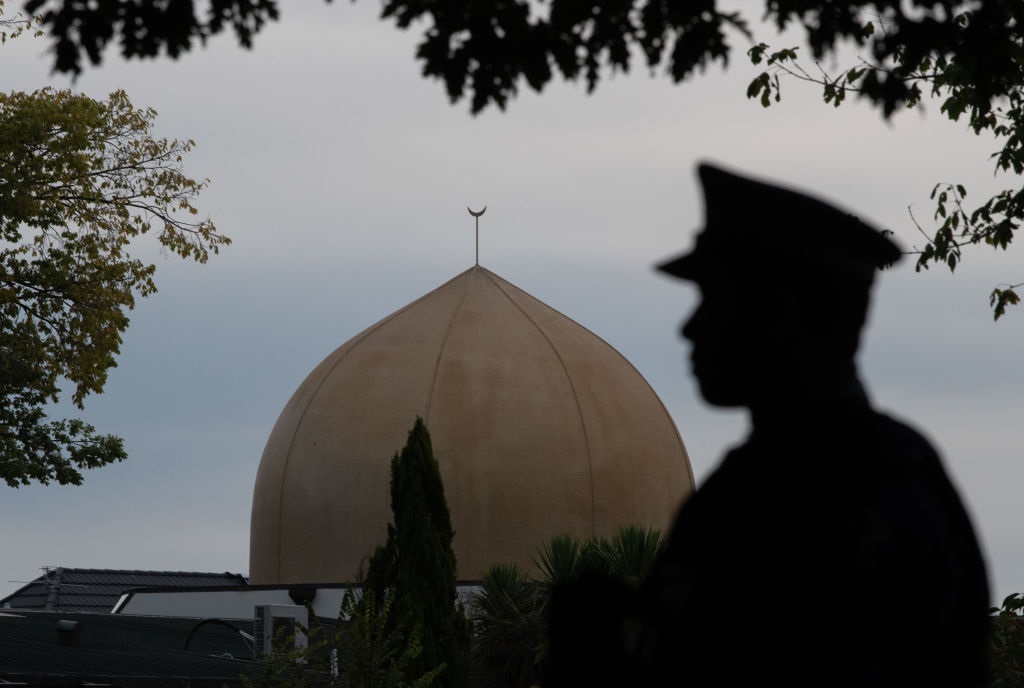

The Counter-Terrorism Legislation Bill follows the Royal Commission into the March 15 terrorist attack, which made a series of recommendations.
Justice Minister Kris Faafoi said the changes in the bill would not have prevented the March 15 attacks, but they would enable agencies to act in a more efficient and practical way - including against an individual.
Asked if the current law did not enable agencies to act against an individual planning an act of terrorism, he said that was his understanding.
That would mean the current framework would not have allowed police to act if they had uncovered Brenton Tarrant's March 15 plans before he enacted them - though Faafoi said he would not comment on individual cases.
The bill has already been flagged as aligning with inquiry recommendations, including:
• making amendments to clarify the definition of a "terrorist act";
• creating a new offence to criminalise planning or preparation for a terrorist act;
• creating a new offence to more clearly criminalise terrorist weapons and combat training;
• extending the eligibility for a control order to include individuals who have completed a prison sentence for a terrorism-related offence if they continue to present a real risk of engaging in terrorism-related activities.
Control orders can be imposed by a court on a "relevant person" in order to protect the public from terrorism, or to prevent engagement in terrorism-related activities in a country.
The bill also includes proposals that Cabinet has already agreed to including:
• creating a new offence for international travel to carry out terrorist activities;
• expanding the criminal offence of financing terrorism to include broader forms of material support.
Faafoi said the current law was designed to counter major terrorist groups, and the bill was the first step towards implementing the recommendation to review all legislation related to New Zealand's counter-terrorism effort to ensure it is fit-for-purpose.
"The crimes perpetrated against members of our Muslim community on March 15 two years ago brought terrorism to this country in a way we had never seen before. I acknowledge the deep grief of the families and communities who lost loved ones, as well as those who were injured or severely traumatised," Faafoi said.
"The attack also mirrored how the nature of terrorism has been changing internationally, involving lone actors rather than organised terrorist groups. We need to ensure our laws can respond to that."
The new bill will amend the Terrorism Suppression Act 2002 and Terrorism Suppression (Control Orders) Act 2019.
Faafoi encouraged people to share their views on the bill when it is considered by the Justice Select Committee following its first reading.
The Royal Commission's report, released in December, found that Brenton Tarrant was able to plot, amass an arsenal of weapons, and execute his deadly attack without drawing the attention of security agencies, which had deployed "an inappropriate concentration of resources" probing Islamic extremism.
Prime Minister Jacinda Ardern and Police Commissioner Andrew Coster have apologised for the failings.
But the commission found that nothing could have been done to have stopped the March 15, 2019, attacks, which left 51 Muslims dead, and were not the result of failures by public sector agencies involved in New Zealand's counter-terrorism effort.












